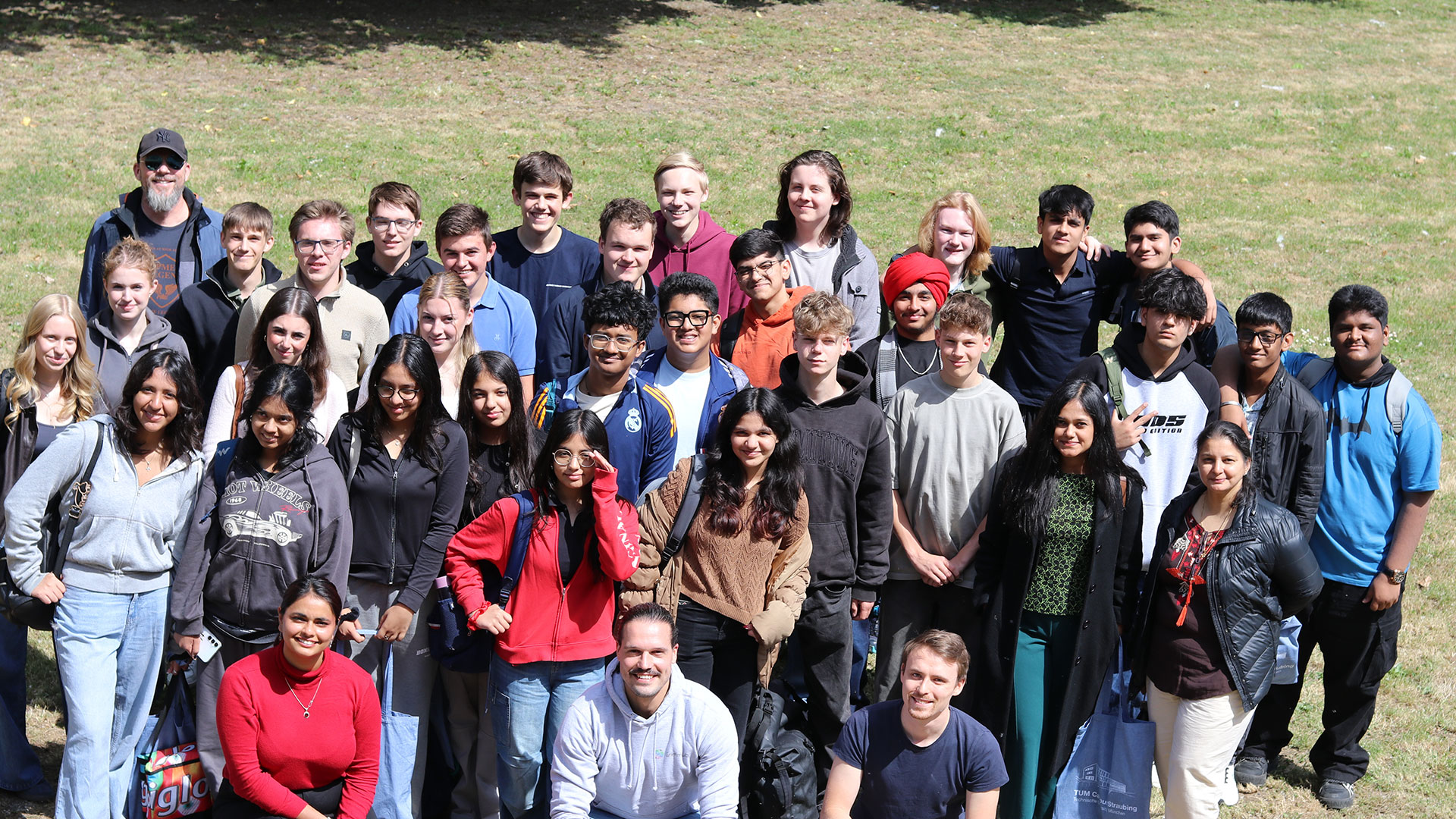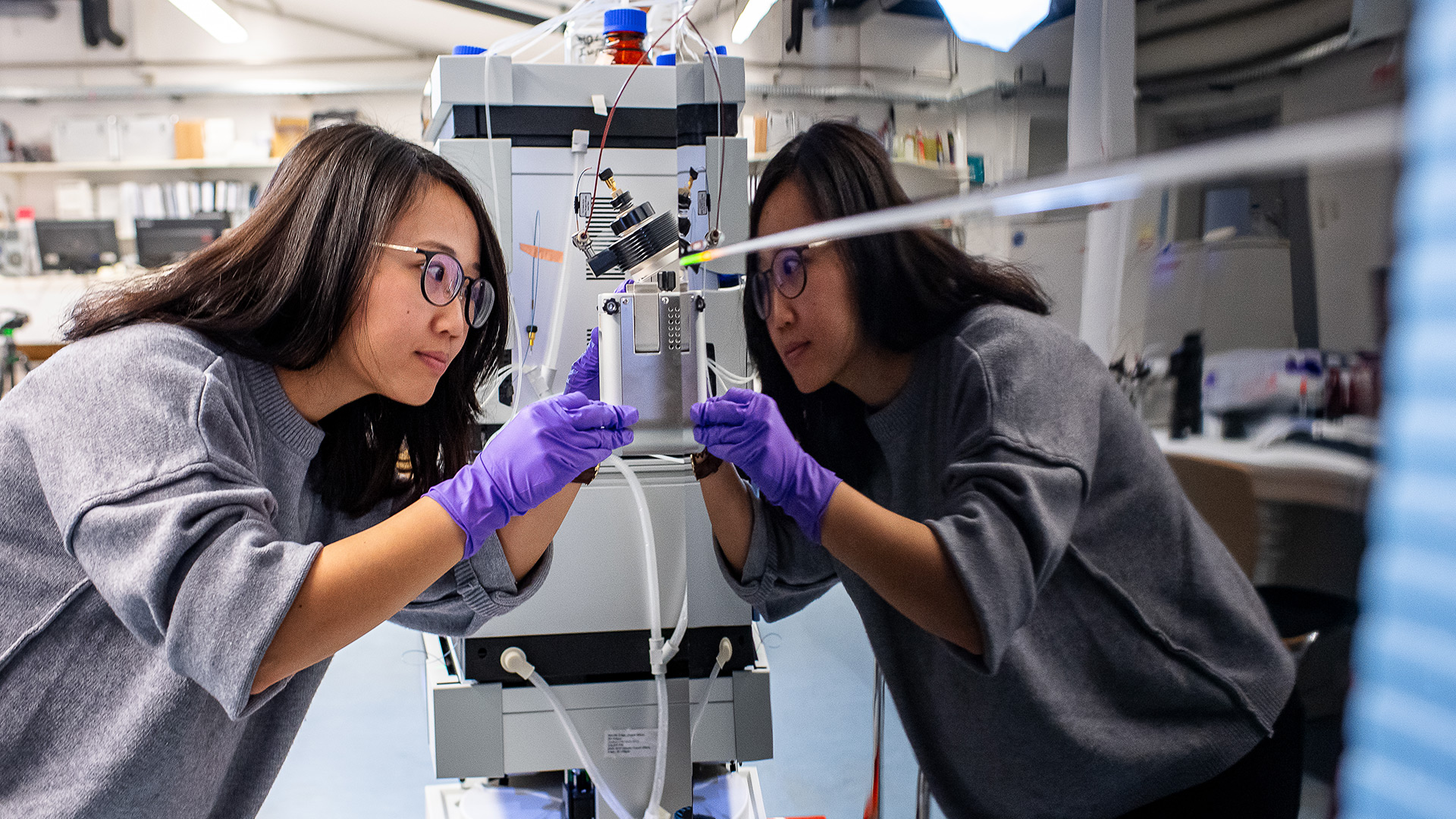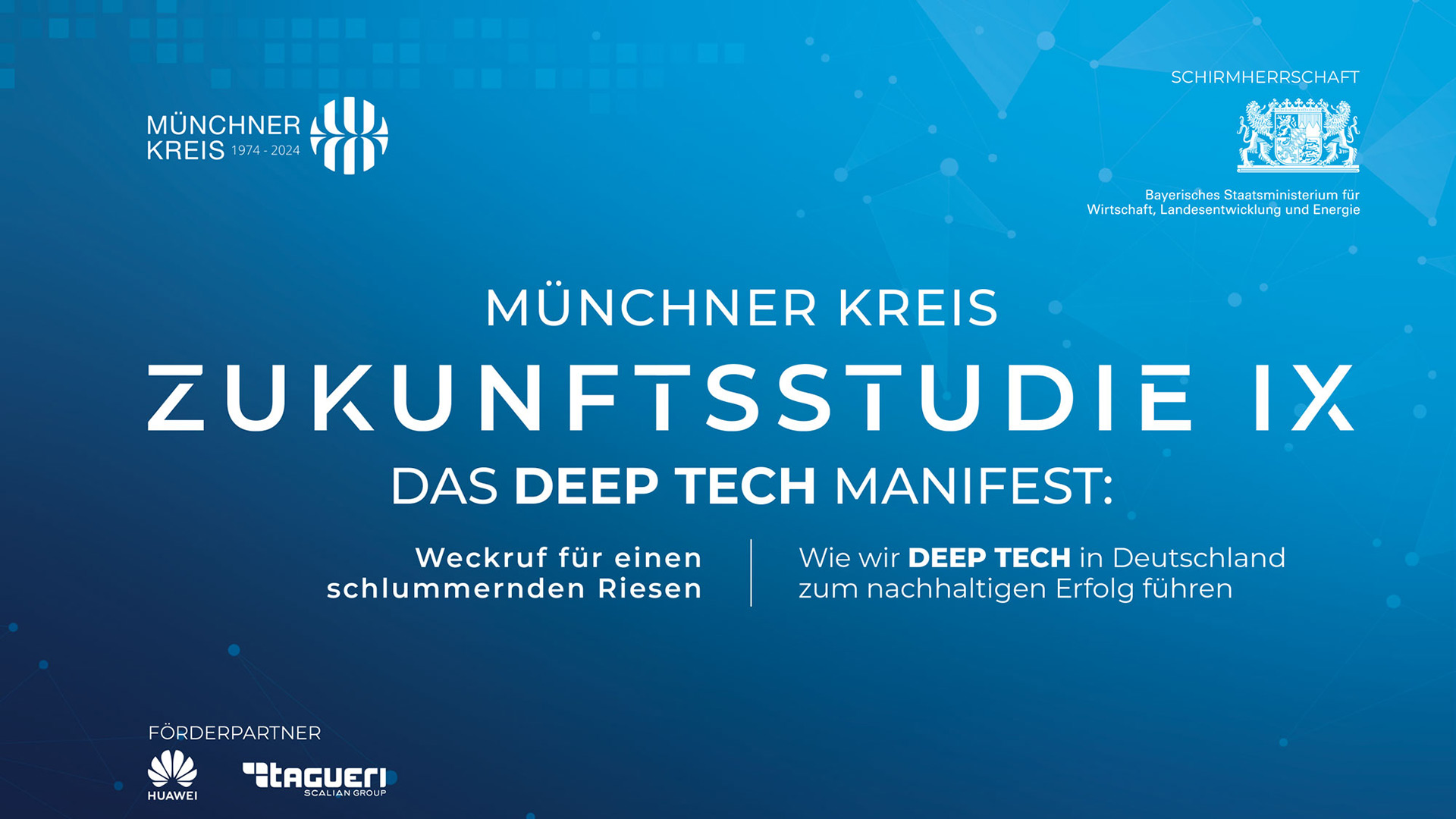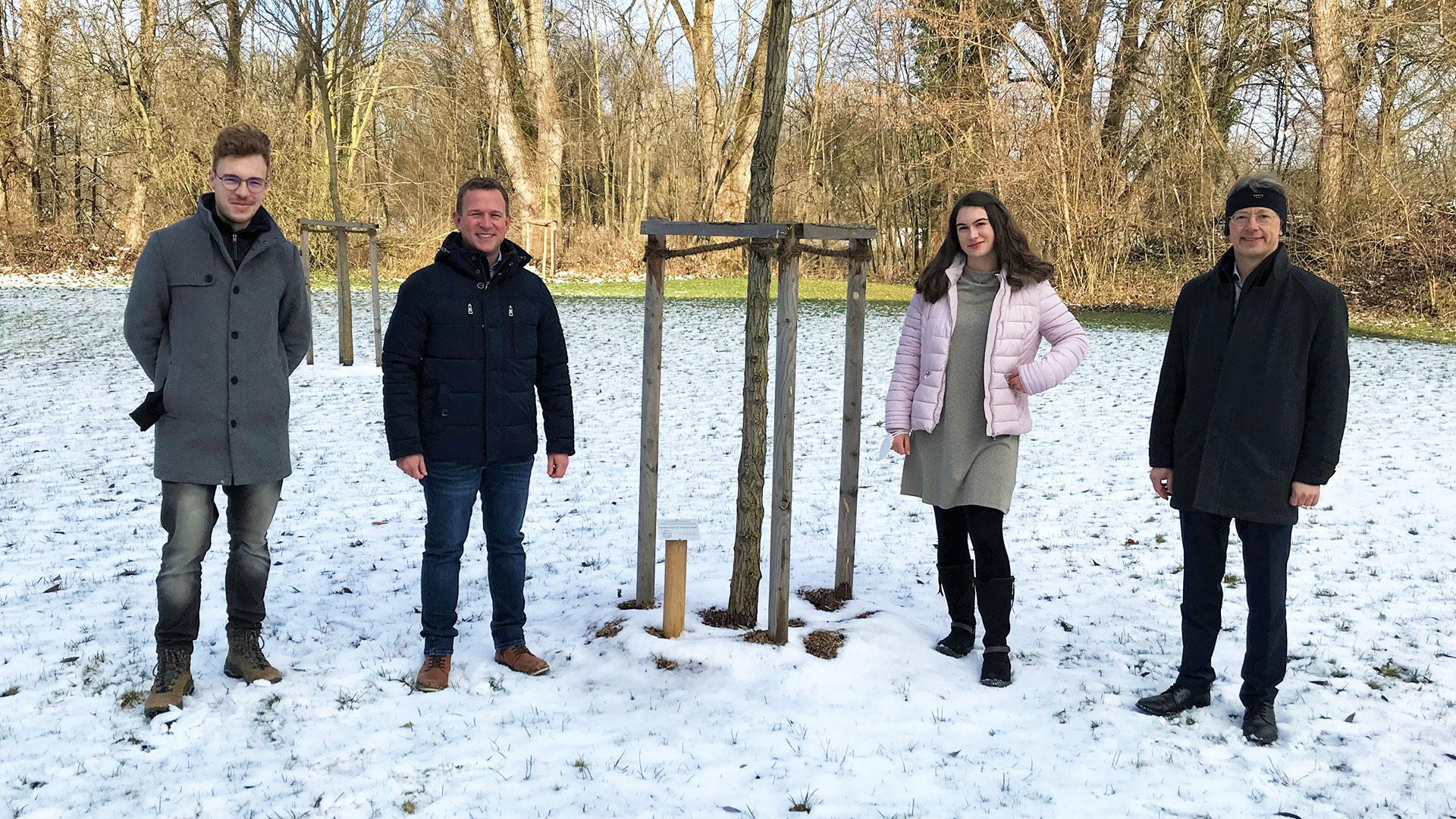Students from Straubing and India visit TUM Campus Straubing: Experience artificial intelligence up close
How can artificial intelligence (AI) help to make agriculture more sustainable and gain new insights in the fields of chemistry and biotechnology? Students from Turmair-Gymnasium Straubing, together with guest students from India, got to the bottom…
Poster and Talk Awards honoured: Two prizes for GrimmLab doctoral students
From the ‘Weihenstephan Bioinformatics Symposium’ (WBS2025) in Freising, two scientists from the Professorship of Bioinformatics at the TUM Campus Straubing recently returned with two prizes. Jonathan Pirnay received the ‘Best Talk’ prize, Ashima…
Artificial Intelligence in the Life Sciences: Why AI models often fail in practice
Artificial intelligence (AI) based on machine learning offers opportunities for the life sciences. However, problems often arise in practice. One cause is data leakage, the illicit spillover of information from the training to the test data.…
TUMCS professors involved in future study
The future study DAS DEEP TECH MANIFEST: WECKRUF FÜR EINEN SCHLUMMERNDEN RIESEN: How we lead Deep Tech in Germany to sustainable success was recently presented in Munich. Two professors from TUMCS, Prof. Claudia Doblinger (Technology and Innovation…
Deep learning for complex discrete optimisation problems
PhD student Jonathan Pirnay and Prof. Dr Dominik Grimm, HSWT, have developed new machine learning methods to solve complex discrete optimisation problems using neural networks.
Teaching awards 2021 & 2022 to Prof. Dr. Dominik Grimm
At the beginning of 2022, the TUM Campus Straubing Student Council awarded the prize for excellent teaching for the first time – to Prof Dr Dominik Grimm. A ‘Tree of Teaching’ behind the ‘Sustainable Chemistry’ teaching and research building facing…





